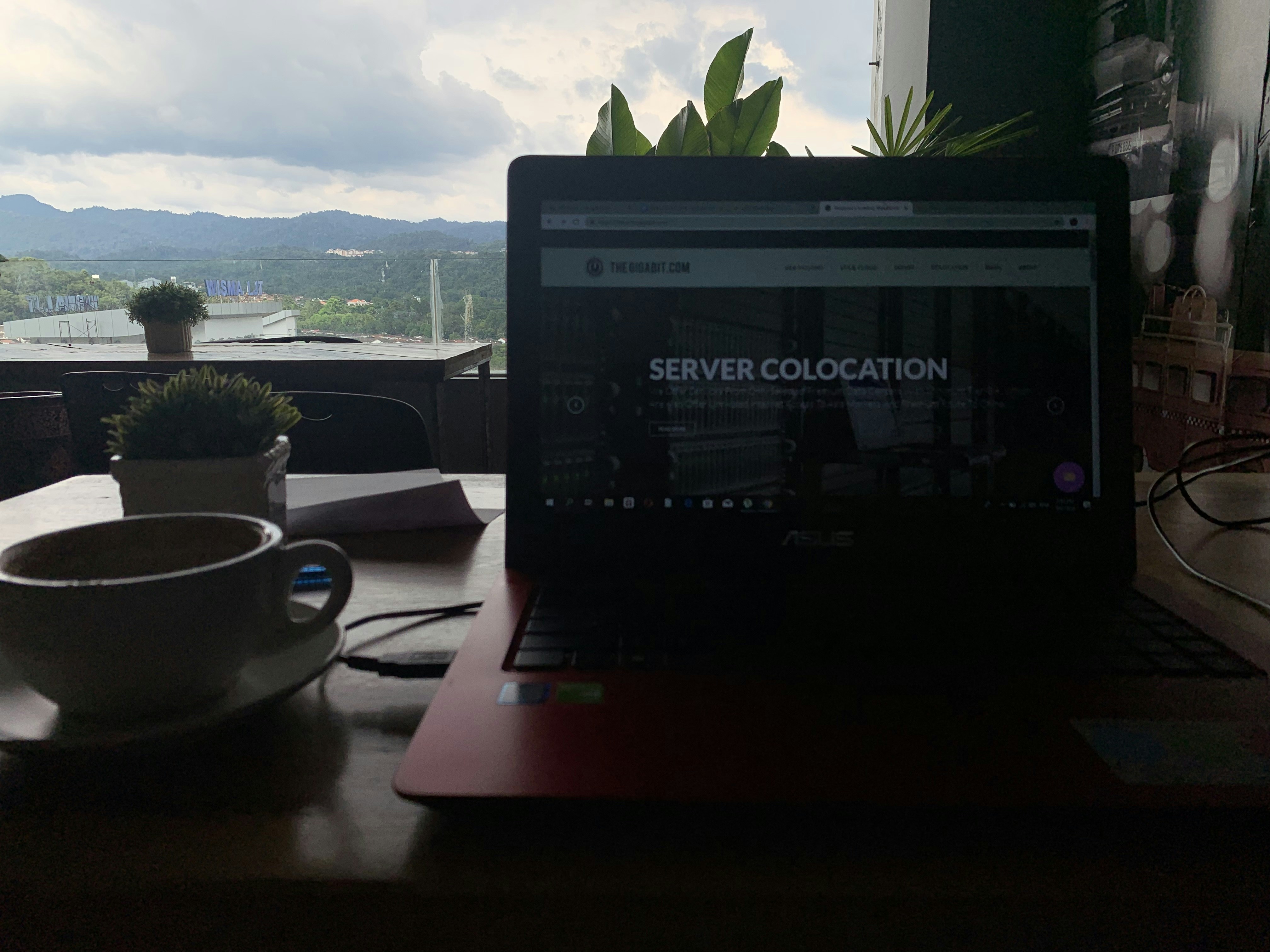
Emerging Technologies in Web Hosting
The web hosting industry continues to evolve, influenced significantly by emerging technologies that enhance performance, security, and cost-effectiveness. One of the most notable advancements is the rise of containerization and Kubernetes, which allow for improved scalability and resource management. Containerization packages applications and their dependncies into isolated environments, simplifying deployment and ensuring consistent performance across various platforms. Kubernetes automates the orchestration of these containers, enabling businesses to scale their applications seamlessly based on demand, thereby optimizing resources and reducing costs.
Artificial Intelligence (AI) and machine learning are also making substantial inroads into the web hosting landscape. These technologies facilitate optimization in resource allocation, predict traffic patterns, and enhance security protocols. AI-driven functionalities allow hosting providers to analyze vast amounts of data quickly, resulting in more efficient server management and proactive measures against potential security threats. Moreover, machine learning algorithms can help identify vulnerabilities and provide recommendations for improving security, thus ensuring that web hosting services can better protect sensitive customer information.
As businesses increasingly face pressure to adopt sustainable practices, the importance of green hosting solutions is on the rise. These eco-friendly hosting services aim to minimizethe carbon footprint associated with web hosting by utilizing renewable energy sources and efficient cooling methods in data centers. By investing in green technologies and practices, hosting providers not only cater to environmentally conscious businesses but also position themselves as leaders in a market that is progressively prioritizing sustainability.
In summary, the integration of containerization, AI, and sustainable practices is revolutionizing the web hosting industry. These emerging technologies are enhancing performance, improving security measures, and offering cost-effective options for businesses of all sizes. As these trends continue to unfold, they represent a transformative shift in how web hosting services are delivered and consumed, ensuring that users benefit from optimized solutions aligned with their needs.
Market Trends and Consumer Preferences
As the web hosting industry continues to evolve, it is essential to analyze the current market trends that are shaping consumer preferences and demands. One of the most prominent trends is the growing inclination towards managed hosting services. Businesses of all sizes are increasingly recognizing the value of outsourcing their hosting needs to specialized providers that can offer tailored solutions, minimize downtime, and enhance overall security. This trend reflects a shift in focus from mere cost-effectiveness to leveraging expert knowledge for optimal performance and reliability.
Another noteworthy trend is the accelerating pivot towards cloud solutions. The cloud hosting market is expanding rapidly, driven by the need for scalability and flexibility. Organizations are discovering that cloud platforms offer the ability to adjust resources in real time, alowing them to optimize their expenditure based on usage. The demand for hybrid and multi-cloud environments is also rising, as businesses seek the best of both worlds, combining the reliability of traditional hosting with the flexibility of cloud technologies.
Furthermore, increased data privacy regulations, such as GDPR and CCPA, have significantly impacted consumer choices. Businesses are now more cautious about where and how their data is stored, leading them to prioritize web hosting providers that demonstrate compliance with these regulations. This shift has prompted hosting services to enhance their data protection protocols while ensuring transparency in how consumer data is handled.
To adapt to these evolving needs, service providers are increasingly offering customizable hosting packages that allow clients to select features that align closely with their operational goals. Additionally, there has been a marked enhancement in customer support services, with providers investing in trained personnel capable of addressing complex issues and providing a superior user experience. As the web hosting landscape continues to transform, these trends highlight a fundamental shift in consumer expectations and desires in October 2023.
Impact of Cybersecurity on Web Hosting Services
The web hosting industry has increasingly recognized the paramount importance of cybersecurity in safeguarding both service providers and their clients. As cyber threats become more sophisticated and frequent, web hosting providers are prioritizing the implementation of robust security protocols. This evolution canbe observed across various aspects of web hosting, from infrastructure to client engagement. The need for reliable security measures is imperative not only to protect sensitive data but also to maintain customer trust and retention.
In response to the escalating cyber risks, many web hosting companies are adopting advanced security technologies, such as firewalls, intrusion detection systems, and regular security audits. Moreover, they are offering managed security services, which encompass continuous monitoring and incident response. These services enable businesses to focus on their core operations while entrusting cybersecurity responsibilities to experts who can provide dedicated attention to threats and vulnerabilities. The integration of proactive security measures has become a pivotal aspect of web hosting services, ensuring that clients receive a comprehensive approach to safeguarding their online presence.
Additionally, educating clients on best practices is gaining traction among hosting providers. Workshops, webinars, and a trove of resources are increasingly made available to empower customers in implementing their own cybersecurity measures. Understanding that vulnerabilities often arise from human error, awareness campaigns can significantly mitigate risks associated with poor password management, phishing attacks, and outdated software. While enhancing internal protocols is vital, strengthening the cybersecurity knowledge of customers fosters a more resilient hosting environment overall.
The industry has also learned valuable lessons from significant cybersecurity incidents that have occurred recently. These events have driven changes in service offerings, prompting companies to bolster their defenses against similar attacks. The commitment to improving cybersecurity in web hosting is now more critical than ever, as both providers and clients work together to navigate an increasingly complex digital landscape.
Future Forecast: What’s Next for Web Hosting?
The web hosting industry is continuously evolving, shaped by technological advances and changes in consumer and business needs. As we look to the future, several trends are poised to redefine how websites are hosted and managed. One signuficant area of growth is serverless architecture. By eliminating the need for traditional server setup and maintenance, this technology allows developers to focus solely on writing code while the cloud provider manages the infrastructure. This trend not only simplifies development processes but also offers scalability and cost-effectiveness, making it attractive for businesses of all sizes.
Another noteworthy trend is the increasing importance of edge computing. With the advent of the Internet of Things (IoT) and the rising demand for real-time data processing, edge computing allows data to be processed closer to the user, reducing latency and improving response times. As more businesses adopt this technology, web hosting providers will need to incorporate edge solutions into their offerings, enabling faster and more efficient web applications.
Market consolidation is also expected to continue in the web hosting space. As smaller companies struggle against larger providers with greater resources, mergers and acquisitions may become more common. This shift could lead to fewer options for consumers, but it may also result in improved service offerings and enhanced technological capabilities, as large providers seek to streamline operations and innovate.
In conclusion, the future of the web hosting industry looks promising, with serverless architectures and edge computing leading the charge towards improved efficiency and performance. Businesses and consumers alike can anticipate rapid changes that not only enhance user experience but also present new opportunities for growth and innovation. Staying informed about these developments will be crucial for anyone involved in online operations.


